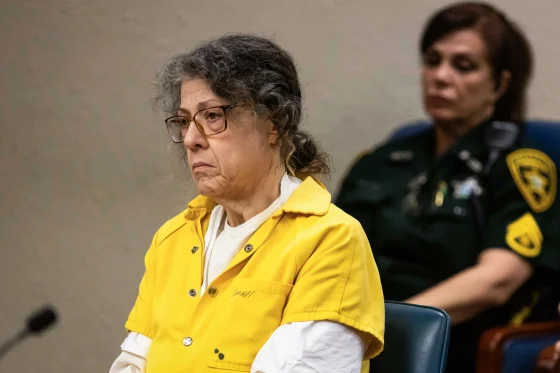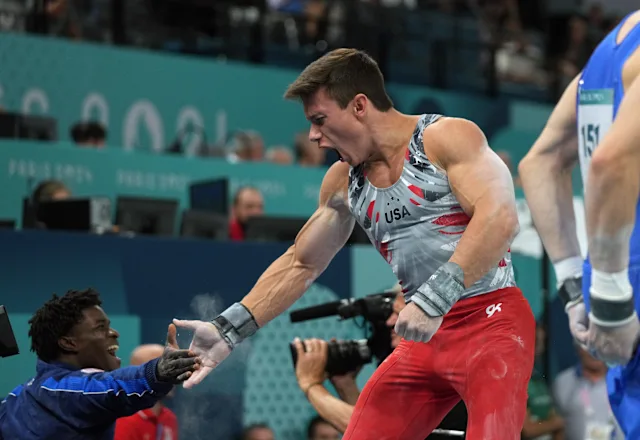Susan Lorincz was born around 1965 and grew up in a turbulent family environment marked by addiction, mental illness, and abuse. Childhood sexual abuse led to long-term PTSD, shaping her responses to stress later in life. While details of her early schooling and exact birthplace remain unknown, court records reveal a childhood devoid of stability, fostering isolation and heightened sensitivity to perceived threats.
Relocating to Ocala, Florida, as an adult, she settled in a modest apartment and sought a quiet life, yet the unresolved trauma of her past would intersect tragically with her future interactions with neighbors.
Quick Facts About Susan Lorincz
| Attribute | Details |
|---|---|
| Full Name | Susan Louise Lorincz |
| Date of Birth | Circa 1965 |
| Place of Birth | United States (specific location unknown) |
| Nationality | American |
| Early Life | Raised in a troubled household with addiction, mental illness, and childhood trauma. |
| Family Background | Has at least one sister; details on parents not publicly known. |
| Education | Not publicly documented |
| Career Beginnings | Worked in the insurance industry |
| Notable Works | 2023 shooting incident; 2025 Netflix documentary The Perfect Neighbor |
| Relationship Status | Single |
| Spouse | None documented |
| Children | None |
| Net Worth | Likely modest; no public estimates available |
| Major Achievements | Case contributed to discussions on gun violence, self-defense laws, and racial dynamics |
| Other Relevant Details | Convicted of manslaughter in 2024; serving 25-year sentence at Homestead Correctional Institution, Florida |
Career: From Insurance Desk to Public Attention
Lorincz spent most of her professional life in the insurance sector, managing claims and administrative tasks. She maintained a routine, low-profile existence, and her work gave her stability but no public acclaim. The ordinary nature of her career sharply contrasted with the extraordinary public scrutiny she later faced.
Her trajectory shifted dramatically with repeated disputes with her neighbor, Ajike “AJ” Owens, starting in 2021 and escalating until the fatal shooting in June 2023.
The 2023 Incident: A Tragic Turning Point
The confrontation began with minor neighborhood complaints over children playing, leading to six documented police visits over two years. On June 2, 2023, Lorincz fired through her locked door, fatally injuring Owens. Claiming self-defense, she was charged with manslaughter and ultimately sentenced to 25 years in prison in November 2024.
The case sparked national attention due to Florida’s Stand Your Ground law, racial dynamics, and community tensions. Civil rights advocates criticized her actions and the delay in initial charges, framing the event as both a legal and social flashpoint.
Media Coverage: The Perfect Neighbor
Lorincz’s story became the focus of a Netflix documentary titled The Perfect Neighbor, directed by Geeta Gandbhir and executive produced by Soledad O’Brien. Premiering at Sundance 2025 and later acquired by Netflix, the film reconstructed the incident using bodycam footage and interviews, reigniting public discourse around gun laws, neighborhood disputes, and racial prejudice.
Personal Life & Family
Lorincz remains single with no children. Her relationships were primarily defined by her close bond with her sister, who testified during sentencing. Public records indicate she maintained a reclusive lifestyle in Ocala, participating minimally in community or social events outside her church, where she was described as devout and helpful.
Net Worth & Lifestyle
Her net worth is unknown but likely modest, reflecting income from her insurance work prior to incarceration. She lived in a rental apartment and had no reported significant assets or investments. Legal fees and incarceration have further constrained her finances, highlighting a stark contrast between her simple lifestyle and the high-profile nature of her case.
Public Perception & Legacy
Lorincz’s story is controversial and polarizing. While she expressed remorse, many view her actions as preventable. The case has influenced ongoing discussions about self-defense laws, racial bias, and community conflict resolution. Though her contributions are not philanthropic or professional, her story serves as a cautionary tale, highlighting how unresolved trauma can intersect with societal pressures to produce tragic outcomes.








